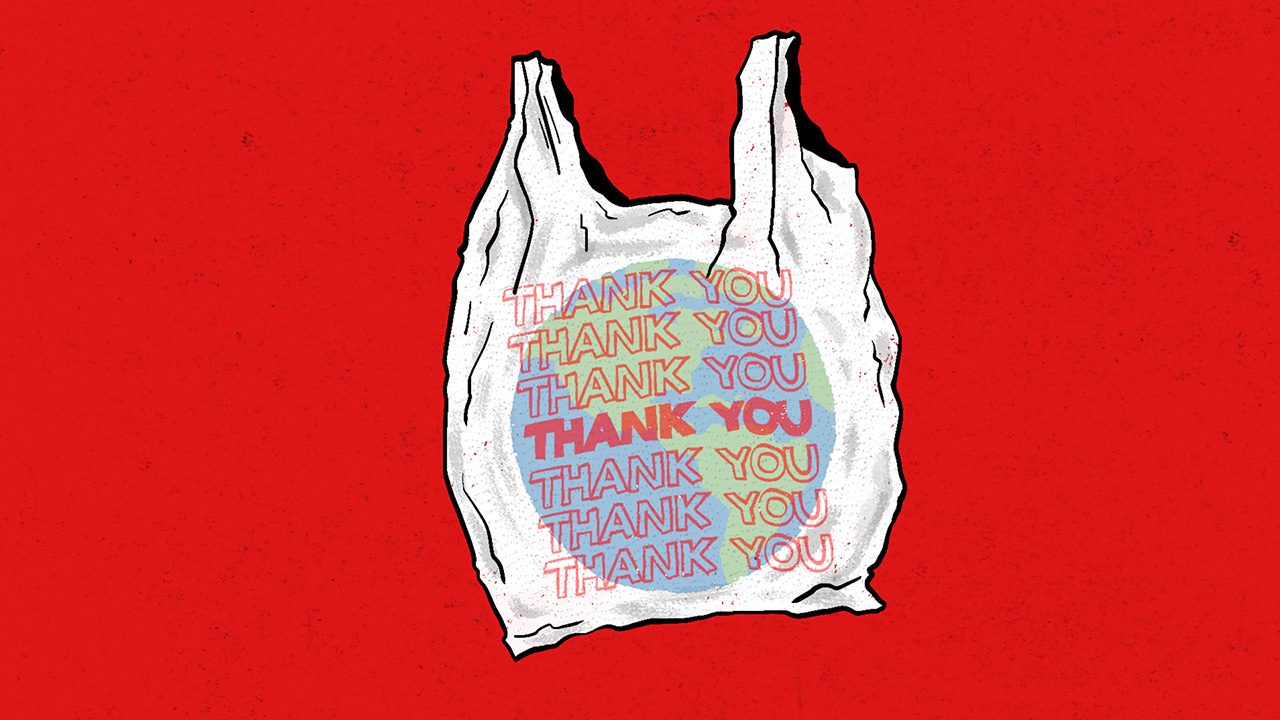Physical Address
304 North Cardinal St.
Dorchester Center, MA 02124
Physical Address
304 North Cardinal St.
Dorchester Center, MA 02124

This is AI generated summarization, which may have errors. For context, always refer to the full article.
The last 2.5 years of negotiations have shown that consensus only decision-making will not result in the finalization of an instrument that can truly address plastic pollution
If we continue to produce and consume plastics at the current rate, we will have spent over $10 trillion by 2040 in combined social, public, and private costs, according to a recent study. As the rate of plastic production continues to grow, so too does the waste management burden on cities and towns. Experts claim that between $643 billion and $1.61 trillion will be needed between 2016 and 2040 to manage plastic waste.
In 2022, resolution 5/14 was passed at the United Nations Environment Assembly (UNEA 5.2) to develop an international legally binding instrument to address plastic pollution. For the first time, global leaders acknowledge that piecemeal national legislation is not enough to truly tackle the plastic crisis, and a global coordinated effort is needed. This began the process of an Intergovernmental Negotiating Committee (INC) to develop a global plastics treaty over the course of 2.5 years. Last December, the final scheduled round of negotiations (INC-5) ended inconclusively without a final agreed-upon text. This week, leaders reconvene in Geneva to try to come to an agreement at the resumed fifth session of the negotiations (INC-5.2).
The negotiations have been going around in circles, with never-ending textual edits on key points of discussion, such as production cuts, funding and chemicals of concern, and disagreements over rules of procedure, including decision-making rules. No one imagined this process would be easy, but these delays, due to the political maneuvers of bad faith negotiators, have cost UNEP millions of dollars.
A small group of plastic-producing countries, such as Saudi Arabia, China, Russia, India, and Iran, known as the “like-minded group,“ have coordinated to disrupt the rule around how the INC makes decisions, limiting it to consensus alone. This has been the biggest roadblock in the negotiations and has allowed these few countries to express disagreement and prevent the finalization of the treaty text. Their goal has been to weaken the treaty text by embedding it with voluntary non-binding language, challenging the scope of the instrument to plastic as a waste management issue alone, and demanding consensus-only decision-making. These tactics have allowed procedural delays in the negotiations since the second meeting (INC-2) in Paris in May 2023.
A majority group of countries, however, have been getting impatient with these tactics. Their attempts at compromising for the sake of international cooperation have not reaped results. At INC-5.1 in Busan in 2024, 94 countries supported binding product and chemical phaseouts to end plastic pollution. Yet, the text in its current form lacks a mandatory phaseout of plastic products and hazardous chemicals. More recently, 100 countries endorsed the Nice Wake Up Call that calls for ambitious, legally binding measures, including global targets to reduce primary polymer production and the phaseout of hazardous chemicals. Clearly, the small “like-minded group” has managed to exert undue influence on the negotiations.
The last 2.5 years of negotiations have shown that consensus only decision-making would not result in the finalization of an instrument that can truly address plastic pollution. Consensus means country parties are willing to tolerate a decision — it amounts to “tacit consent” or the rule of no opposition, according to Philippe Urfalino. Consensus allows for a minority of powerful players to dominate and even bully weaker countries. In this way, it is less democratic than majority voting. Christoph Haug further argues that unanimous decision-making requires each party to express their preferred option so that these can be compared, and if everyone expresses the same opinion, then a decision is made.
The “like-minded group” claims that the plastic crisis is a problem of poor waste management alone. If that were true, we would not have only 9% of the plastics ever produced being recycled to date. No amount of innovation and new infrastructure can accommodate the massive havoc of pollution that plastics have on our ecosystems. Besides, there’s enough legacy plastic waste in the environment, which could take decades to be tackled. Yet, production of plastics continues to grow — supported by $30 billion annually in direct subsidies to the top 15 plastic polymer producing countries alone — and is set to reach 736 million tonnes annually by 2040. So, unless the tap on polymer production is closed — with binding global and national targets to cut production in Article 6 of the current text — the world would keep drowning in plastic pollution.
Countries who claim that the plastic crisis is a result of mismanagement and littering and not from the uncontrolled consumption of single-use plastics, use of hazardous chemicals and products, or which can be addressed through polluting technologies like waste-to-energy, chemical recycling, and refuse-derived fuel etc. are contradicting their own commitment toward an international agreement on plastic pollution “through a comprehensive full life cycle approach” as mandated under resolution 5/14.
As the resumed fifth session of the negotiation begins, it is imperative for the “consensus only” decision-making to be challenged. The message is clear: if a country is serious about finalizing an agreement that truly addresses plastic pollution head-on, it must raise voting at the negotiations and not support consensus. – Rappler.com
Xuan Quach is a Vietnam-based consultant with Pacific Environment and former coordinator of the Vietnam Zero Waste Alliance, bringing over nine years of experience in public policy, urban development, and zero waste advocacy.
Arpita Bhagat is the plastic policy officer for GAIA Asia Pacific, with over a decade of experience leading campaigns and advocacy on plastics, climate, and environmental justice across India and the region.